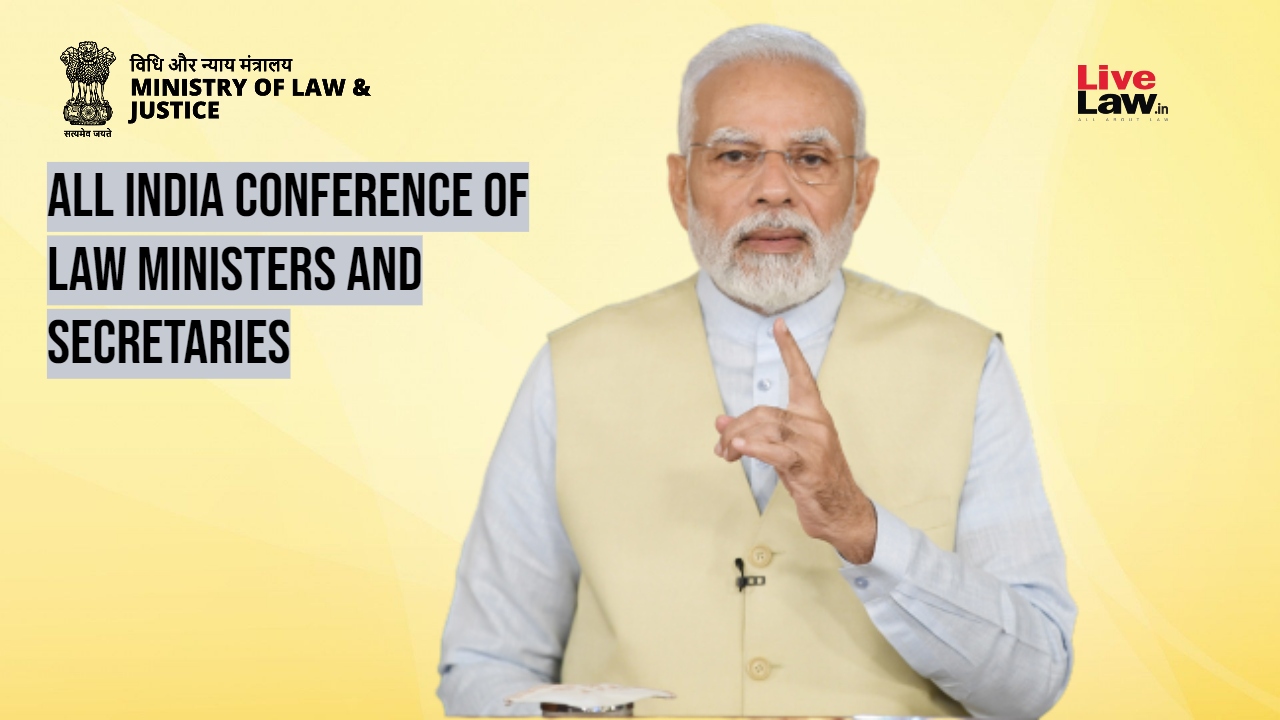
By K Raveendran
There is renewed hope for those who have dared to challenge the Modi government’s practice of using Enforcement Directorate to go after political adversaries. The Supreme Court has made it known that a three-judge special bench has been constituted to review a controversial judgment passed by another bench last year, upholding the sweeping powers of the agency to arrest alleged money-launderers and seize or attach their properties without adequate safeguards. The judgment had been widely criticised, leading to a batch of petitions against it.
Following the outcry, a bench headed by the then Chief Justice N V Ramana in August last year had agreed to hear a review petition, filed by former minister Chidambaram’s son Karti, both having been at the receiving end of ED’s stick. It came as an encouragement to the petitioners that the bench decided to hear the matter in an open court, a practice seldom followed in the case of review petitions. The petition is scheduled to be heard on October 18 by a new bench comprising Justices Sanjay Kishan Kaul, Sanjiv Khanna and Bela M Trivedi.
n the meantime, there have been very strong adverse remarks from the apex court that questioned ED’s ways. Two months ago, the court restrained the central agency from proceeding in a case involving an alleged liquor syndicate racket in Chhattisgarh. The court warned ED not to behave like a ‘law unto itself’, observing that it has been acting without any court having taken cognisance of a predicate offence under the money laundering law, which is the basic step in an alleged offence of illegal proceeds.
It is patent that a lot of damning details would be brought to the notice of the bench hearing the review petition with regard to the use and abuse of ED, the ratio of which is overwhelmingly tilted towards the latter. According to ED’s own statistics, the central agency has managed to close only 25 cases out of nearly 6,000 cases it has filed against alleged offenders since 2005. And of these 25, it is boasting a near total success rate by claiming that only one case ended up in favour of the accused. Twenty-four out of 25 may sound impressive, but what emerges from it all is that legitimate use of the agency is less than one percent, while the majority of 99 percent is that of abuse.
This has to be read with the more damning information that nearly 85 percent of cases registered by ED are against those who belong to various opposition parties, with a high propensity of those cases being in states where it serves the purpose of the ruling party at the Centre when political adversaries are at the receiving end. The primary use of ED, and all other central agencies with a similar remit, is as a tool for the ruling party to reign in criticism. It hangs as a Damocles sword over the head for adversaries. It has also been used to threaten political parties to toe a certain line that would be more convenient to the ruling party rather than adversarial. It also has had roles in forcing government changes in the states, some of which are so blatant that it requires no elucidation.
Earlier this year, 14 opposition parties including the Congress had approached the Supreme Court over the arbitrary use of CBI and ED against their leaders and stating that this was one of the biggest threats to democracy in India. The petition sought to draw a clear pattern in the use of investigative agencies by the Modi government to ‘target, debilitate and crush’ the entire political opposition and other vocal citizens, and jail them for extended periods on specious grounds, often making use of draconian special laws such as the Prevention of Money Laundering Act, 2002 that make bail virtually impossible even though they have extremely low rates of conviction.
The Supreme Court, however, refused to entertain the plea on the ground that only specific cases can be considered and that it cannot lay down abstract guidelines. In fact, the court said it was something that the political parties themselves had to deal with. “When political parties argue that there is a chilling effect on Opposition because of CBI/ED cases against Opposition leaders, the answer lies in the political space and not in courts,” the court said. The petitioners had, therefore, to withdraw their plea.
All these issues are now expected to come up for a fresh look by the new bench constituted to hear the review petition. Most importantly, there has been a perceptible change in the attitude of the courts over the arbitrary use of central agencies, which is a very positive development for the challengers. (IPA Service)
The post Fresh Judicial Look At Setting Agencies After Adversaries Is Ominous For Modi Govt first appeared on Latest India news, analysis and reports on IPA Newspack.


